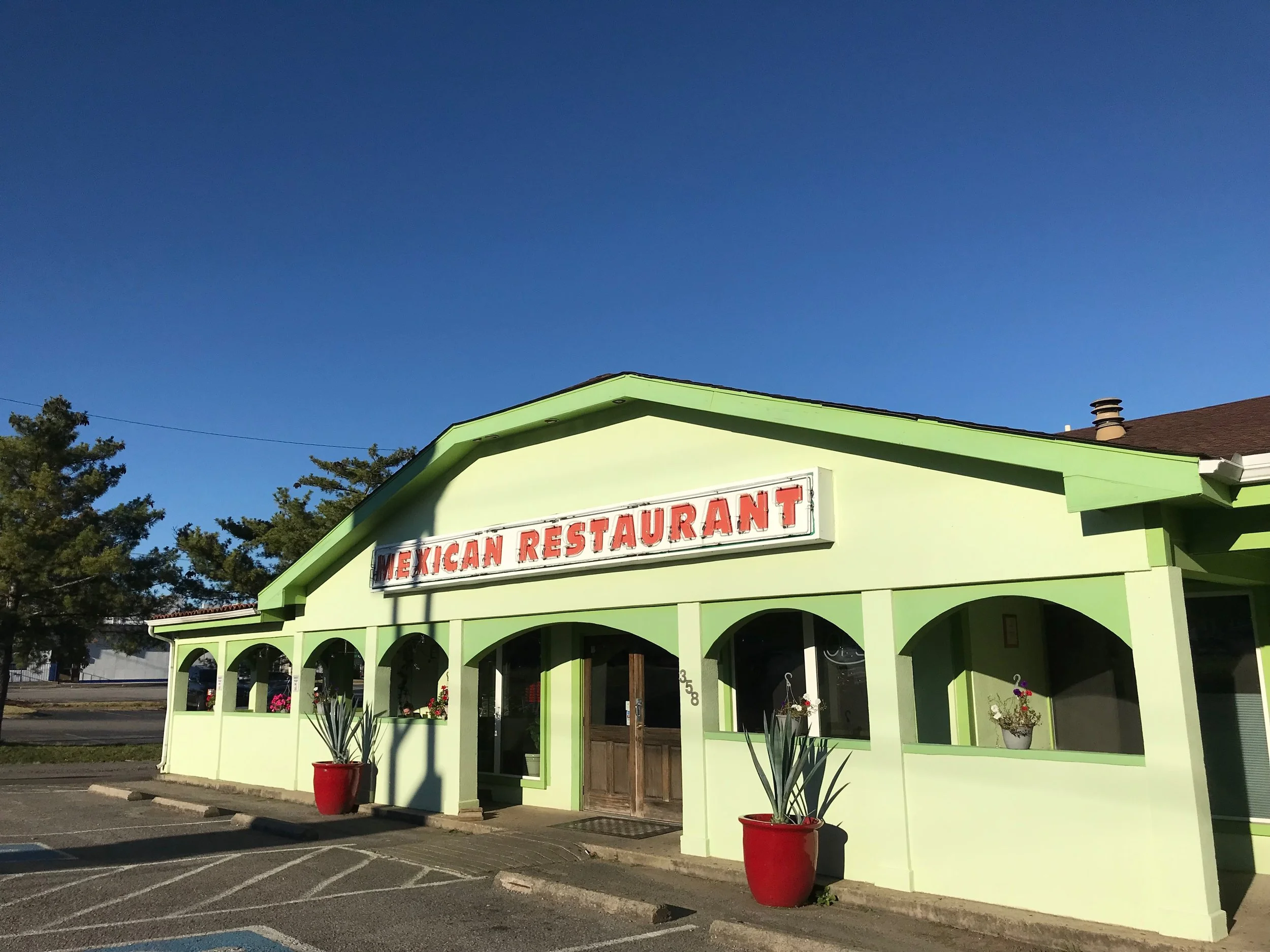How Long: The Timeline of Healing
There’s a hill south of Nashville that I’ve been going to for several years now when I’m feeling next-level broody. From it, you can see the airport in the distance, the planes at night just pinpricks of light on the horizon moving in and out of the city. Two years ago, when I was in what I now refer to (somewhat jokingly, somewhat seriously) as my “dark days,” I came to this hill frequently, carrying a defeating shame with me: shame for feeling anything but happiness when life was, on paper, so good. (Like in the New Girl episode where Jess tries to convince Nick to befriend his ex but it dissolves into mass chaos: “This is the worst thing to ever happen to me. [...pause…] I've lived a very fortunate life!”)
You see, I was a sweet baby girl fresh out of college, ready to start my career and shape my life into how I’d imagined it would be: a job I was excited about, great relationships, a feeling of settled belonging in my newfound adult life. I got the job and I had great relationships, yet I felt anything BUT settled—I was lacking the sense of purpose and belonging I had been seeking, and so I felt myself drowning in a current carrying me onward, a current I was convinced into believing was “just life” and well, I guess being miserable is part of being a grown up. So I went through my days feeling a general emptiness and lack of fulfillment on an achingly soul-deep level.
I’ve always romanticized life as the opportunity for an epic story—climaxes and foreshadowing and people who come into your life and change everything. I’m a big fan of the pivot point—that very moment when you know things have surely changed, you have surely changed—the “no going back, this is it” moments. And I think those moments DO exist—the before and after moments, the crashing down of all your plans moments. You can get dropped off at a desert airport at midnight and life has changed.
During that year of feeling messy and lost and confused, as we sat with coffee cupped between our hands, I had asked my friend Chelsey when she knew that she had experienced healing. And she couldn’t give me a solid answer and to this story-loving heart of mine, that felt like a hopeless answer. I wanted that pivot point, a discernible before and after. I wanted a scene of change that could be written in a book, a “this is when I knew” moment.
But she couldn’t give me one and I drank my mocha in deep disappointment, somewhat convinced that without a place to point in your story and say “There! That’s when the healing happened!” then maybe healing and change weren’t actually possible at all.
I’ve always been focused on the huge sweeping changes that I’ve only just realized that so much change in life happens slowly rather than in some SAY WHAT?! plot twist. That’s the part that some of my favorite stories don’t touch on—the change that comes within that is slow and subtle, not loud and dramatic. Like, after Harry and co. defeated Voldemort, what then? What about the grief of losing half of their friends and family? What did healing look like after the story’s climactic crescendo?
I have a dear friend who is deep in the trenches of healing asking that same question we’ve all asked during the tough seasons: How long? How long until I feel okay again?
I realize now, two years in, that healing is slow work, subtle work. Slow, like the buds in the spring. Slow, like the dawn spreading across the darkened sky. Slow, like a ship crossing the oceans. Slow, like a Sunday morning spent reading and drinking the perfect cup of coffee.
But its lack of speed or notice doesn’t negate the change that is happening below the surface. Healing isn’t tangible and doesn’t stick to arbitrary timelines; it’s beyond our control, and because of this, it can feel so elusive, so impossible. As a generation that’s been raised on instant gratification, we can’t microwave healing into existence, and as someone who is decidedly not good at waiting, this truth is exceedingly difficult to accept.
Recently, I returned to my broody hill in a cocktail of comatose over what, in retrospect, was such a tiny matter that my reaction was unnecessarily melodramatic (but, I would argue that everyone is entitled to the occasional privately-lose-your-shit melodrama because we are human beings with erratic emotions, after all). So in a true Sadness As A Caricature moment, I cried and listened to Hans Zimmer with my jacket hood up, giving myself full permission to feel all the feelings.
But when I went back to my hill this time, things were different. I was different. My feelings were just feelings: sadness and disappointment, but it wasn’t the end of the world, and it didn’t reflect my worth as a human, and I wasn’t ashamed to be feeling that way. Change came, healing came—and still comes—but I can’t point to a specific plot point in the past years. I can’t discern a “before and after” moment.
Change came slow, like buds, like dawn—gradual, like the bleeding of watercolors into one another.
FREE PRINT
Do you like free things? Us too. How about this free print of a dope Harry Potter quote in 3 font options? Enter your email below to receive your free Harry Potter print.















Hi friends,
Announcement (sounds so formal, doesn’t it?):
It's the end of an era.
I’ve decided that, after nearly 8 years of telling stories of navigating life, this season of Windrose is drawing to a close.